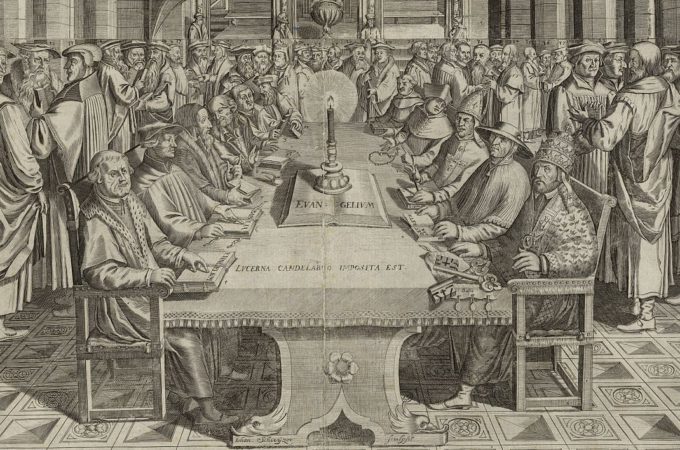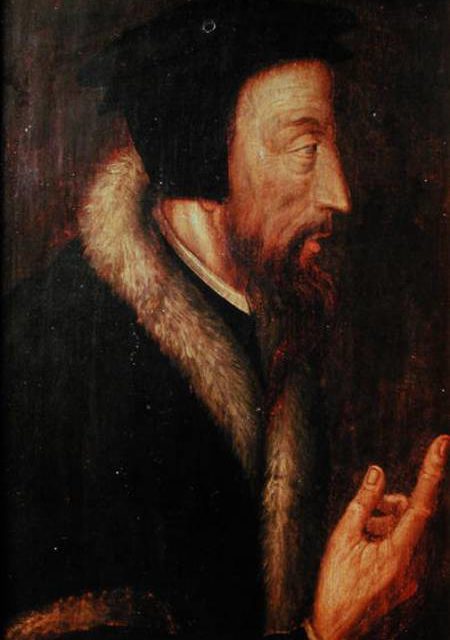John Calvin was one of the Protestant reformers
In the early 1500’s, Geneva was called “the smelliest city of Europe.” The walls of the city were in disrepair, the people were poor, and families were falling apart. The condition of the church was deplorable. Proof? Priests operated houses of prostitution.
The people ran the bishop of Geneva out of town in 1530. William Farel, a French evangelist, came in 1531. Preaching in the marketplace, Farel cried out, “We must reform the church in order to reform the nation!”
In 1535 the electors of the city voted unanimously, and courageously, to proclaim Geneva a Reformed Protestant city. I say courageously because, as Thomas Bloomer notes in Calvin and Geneva: Nation-Building Missions, “they were risking excommunication and eternal damnation.”
John Calvin applied his theology to the needs of Geneva
Farel sought out John Calvin, imploring him to come to Geneva to apply the theology he had written about in Institutes of Religion: “May God curse you and your studies if you do not join me here in the work He has called you to!”
Calvin came to Geneva at the age of 27, and rebuilt the city on three principles:
1. Preaching the Gospel: “…so that people would be saved and start to be transformed and the church would be restored to biblical purity.”
2. Teaching: “…so that people would know how to live, the authorities would know how to govern, and all would know how to work in their different spheres.”
3. Accountability: “…so that the teaching would not just be theoretical but applied in all areas of life.”
Calvin taught that a “holy vocation” included the work of the banker and the shoemaker. Bloomer writes: “Calvin told the bankers they couldn’t charge high interest rates, as that was the sin of usury in the Bible….The 4 percent interest rate lasted for four centuries in Switzerland, and this practice was one of the long-term sources of Switzerland’s prosperity.”
Geneva became a model city for theology of work in practice. It became known as, “the city on a hill.” John Knox came to study what Calvin was doing, and took what he learned back to Scotland. England was also influenced by Geneva, and eventually brought this influence to North America.
We should all know the full story. It can be found in Thomas Bloomer’s essay, Calvin and Geneva: Nation-Building Missions, published in His Kingdom Come (YWAM Publishing). Bloomer’s essay contains many lessons we could all use a refresher course on about now. Click here.
- Christian Overman
This post originally appeared at Dr. Overman’s page, Worldview Matters.








2 Comments
Allen Kemp
November 14, 2016 - 8:48 amGood words. But I don’t see this being done today in America, in a society that is intentionally morally pluralistic, by civil enactment of law. This has to be done by a major move of the Holy Spirit revealing sin and the need for our Savior. A bit like in the days of Edwards.
admin
November 15, 2016 - 5:44 amAllen
It will take a revival and the corresponding reformation in the nations to see these kind of changes again.